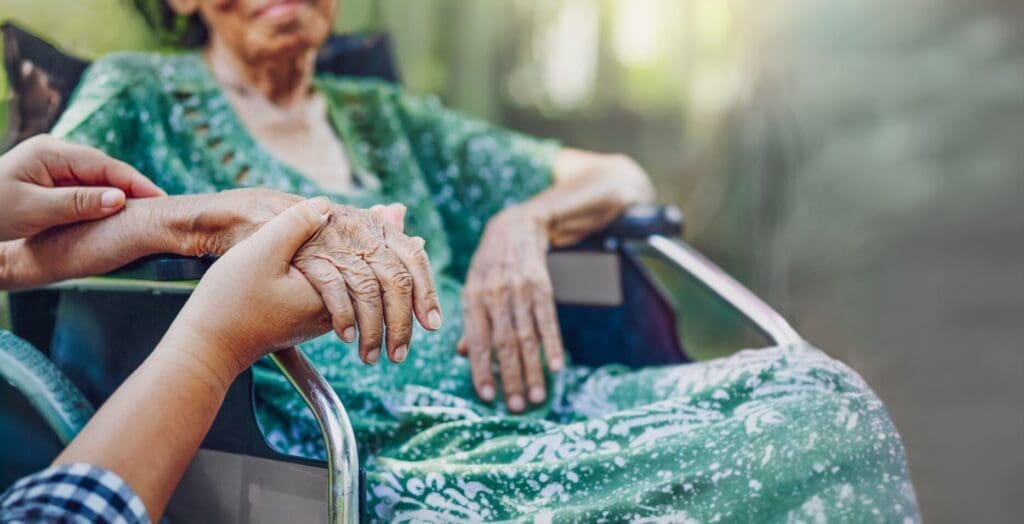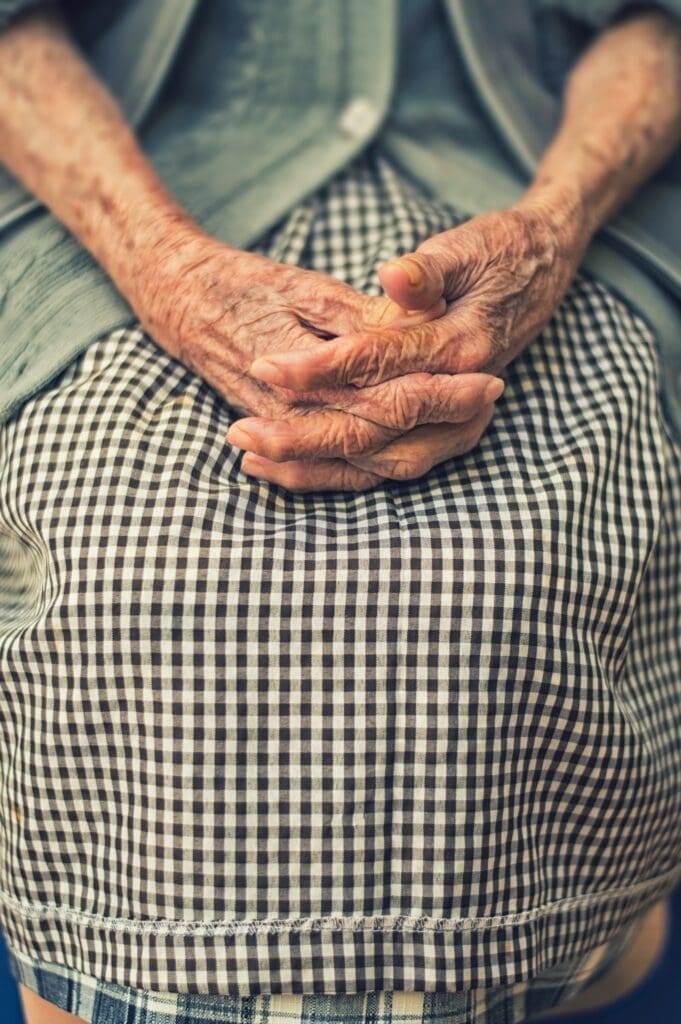
Standing Against Euthanasia
Trusting God in End-of-Life Decisions
When physical decline or chronic pain diminishes a person’s productivity, society often pressures individuals toward choices that prioritize perceived quality of life over the sanctity of life. Euthanasia and physician-assisted suicide (PAS) are positioned by some as compassionate responses to suffering, but a closer look at these practices, especially through the lens of faith, invites us to reflect more deeply on the vitality of valuing life at every stage.
Scripture speaks powerfully to the dignity inherent in each person, regardless of their health, age, or abilities. Isaiah 46:4 reminds us, “Even to your old age and gray hairs I am He, I am He who will sustain you. I have made you and I will carry you; I will sustain you and I will rescue you.”
God’s commitment to care for His people throughout all stages of life reflects His unwavering love and provision, inviting believers to trust Him, even in the face of suffering and mortality.
This trust calls us to stand against practices like euthanasia and PAS that attempt to control the timing and nature of death. While suffering is undoubtedly painful, Scripture encourages believers to view it within the context of God’s plan. Rather than viewing suffering as something to escape, Christians are called to see it as an opportunity to lean into God’s strength, find purpose, and cultivate compassion.
Upholding the Sanctity of Life
Euthanasia, which actively seeks to end life, often disguises itself in terms of “death with dignity” or “mercy killing.” However, the underlying implications conflict with a biblical understanding of life and death. While death is a natural part of life, actively taking life to avoid suffering subverts God’s sovereignty over life and death. As Dan Trippie notes, euthanasia shifts the conversation from honoring a natural end of life to actively seeking control over death, placing humans in a position meant for God alone. For Christians, this trust is rooted not in an attempt to bypass or mitigate suffering through unnatural means, but in a willingness to allow God’s purposes to unfold even when the future seems difficult.
The Apostle Paul emphasizes this in 2 Corinthians 4:17-18: “For our light and momentary troubles are achieving for us an eternal glory that far outweighs them all.” This perspective encourages believers to endure with the knowledge that earthly trials are transient and that our future, entrusted to God, holds eternal promise.
The Importance of Loving Care
Our modern culture tends to value individuals based on their productivity or physical contribution, often leading to biased perspectives on end-of-life care. This productivity-centered mindset can marginalize those who are elderly, chronically ill, or in physical decline. By trusting God’s view of life, which affirms worth in every individual, believers can communicate a more compassionate message to society: that every person, regardless of age or health, is valuable and loved.
Our responsibility as Christians is not only to avoid taking life but to actively provide care and support to those in their final stages. By offering compassionate care, whether through family support, church community, or hospice services, we reflect God’s love. Each act of compassion – a visit, prayer, conversation, or gentle presence – affirms the worth of the individual and upholds their dignity.
Simple acts of care, whether practical or emotional, help alleviate fear, offer comfort, and serve as tangible expressions of God’s faithfulness.
Trusting God in All Seasons
We must actively trust God with our whole lives, and with the lives of our loved ones. Trusting God in the face of end-of-life challenges can be difficult, but it becomes an opportunity to deepen faith. By aligning with His design and finding purpose within His plan, we embrace a holistic approach to life, one that sees beauty even in the frailty of our final days.
As the church, we are called to foster a community that celebrates life from conception to natural death, reinforcing the message that every person is cherished by God. Our ultimate hope is in the eternal life promised through Christ, who understands our pain, shares in our suffering, and offers a future free from all sorrow.
In standing against euthanasia, we stand for life – a life that remains valuable, dignified, and precious from beginning to end, firmly held in the hands of a loving God.




